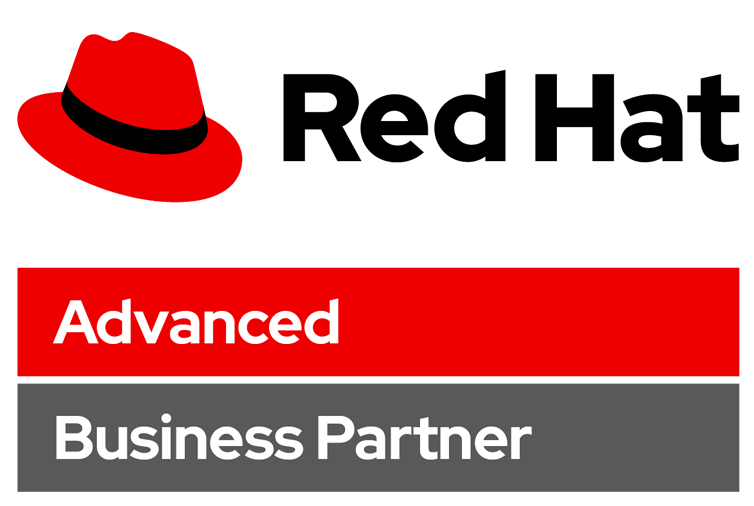Red Hat Enterprise Linux 7 (RHEL7) – A Cup of Hot Tea – Beckons All Linux Users.
Red Hat Enterprise Linux is a beautiful venture of Red Hat and a commercially supported derivative of Fedora. Red Hat freely provides its source code and works on desktops/servers/hypervisors/cloud now.
RHEL7, the latest version was officially released in June 2014, and that was after a long and anticipated wait in the Linux community. The wait was worth it, admits every Linux user, looking at the feature rich world’s leading Enterprise Linux platform. It clearly shows that Red Hat is unique the way it is and stays by what it sells – Technology.
Red Hat EL‘s new release delivers dramatic improvements in reliability, performance and scalability. The new features provide Architects, System Administrators and Developers with resources necessary to innovate and manage operations efficiently. RHEL7 also lays the foundation for the open hybrid cloud and serves enterprise workloads across converged infrastructure.
The four platforms of RHEL7 include bare metal servers, virtual machines, open stack based infrastructure as a service and platform as a service. The various advantages include the ability to handle other Linux distributions like Mandrake, Suse etc, improved performance, stability and multitasking. We are witnessing more Linux accreditation in the world and therefore high job opportunities and career growth for individuals who are well versed in Linux technologies.
RHEL7 can be considered as the first major milestone update release for Red Hat since RHEL 6 was officially launched in November 2010. A lot has happened in the Linux development community and the broader technology landscape over the last four years, and RHEL7 is an effort to reflect that change. Today, RHEL7 is celebrated as a cup of hot tea and beckons all Linux users.
The subscription of RHEL by different organizations has reached to 2.5 million users in 2011, and it has increased 5 times by 2015. This statistics reflects the need of certified Red Hat professionals. Red Hat Enterprise Linux 7 is ready for whatever infrastructure choices made, efficiently integrating with other operating environment, authentication, and management systems. Whether your primary goal is to build network-intensive applications, massively scalable data repositories, or a build-once-deploy-often solution that performs well in physical, virtual, and cloud environments, Red Hat Enterprise Linux 7 has functionality to support your project.
To hear from Red Hat a success story of their most selling product – “Adobe Systems, a user of Red Hat® Enterprise Linux® since 2008, wanted to offer its enterprise customers easy access to sandbox resources to evaluate and prototype solutions using Adobe products. Turning to the cloud, Adobe used Red Hat Enterprise Linux and Amazon Web Services (AWS) to not only deliver a sandbox solution, but also to offer customers a Software-as-a-Service (SaaS) option for deploying Adobe-based solutions. Today, Adobe is using Red Hat platform and Amazon Web Services to help customers simplify deployment, lower cost of ownership, and accelerate time to value.” – Red Hat
Having been a Red Hat Certified Training Partner for the last 12 years, we support the growth of Red Hat Enterprise Linux 7 and its learning in all possible ways. We entertain and invite those who understand the prospective future of Linux technologies, to train with us, and be a cause to take Technology further ahead.
You’re welcome!








